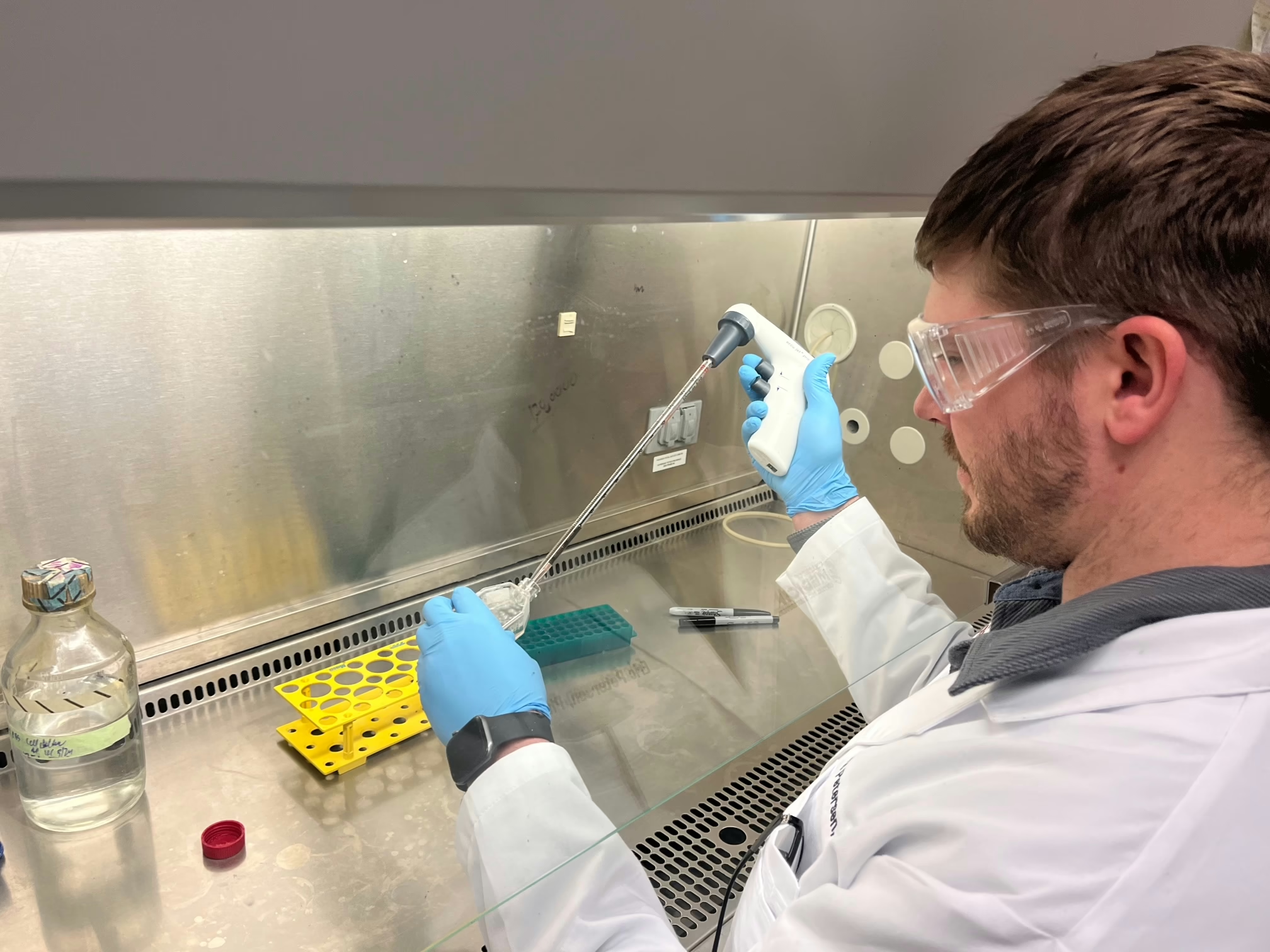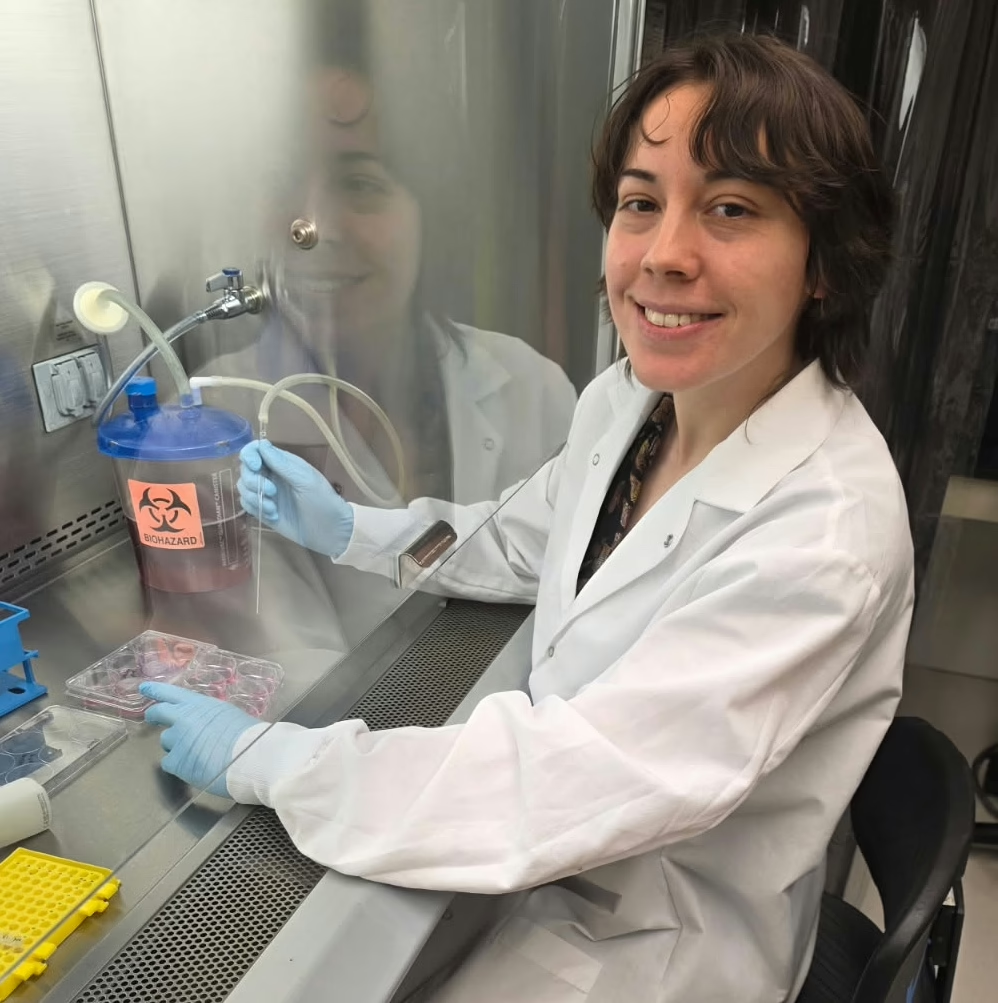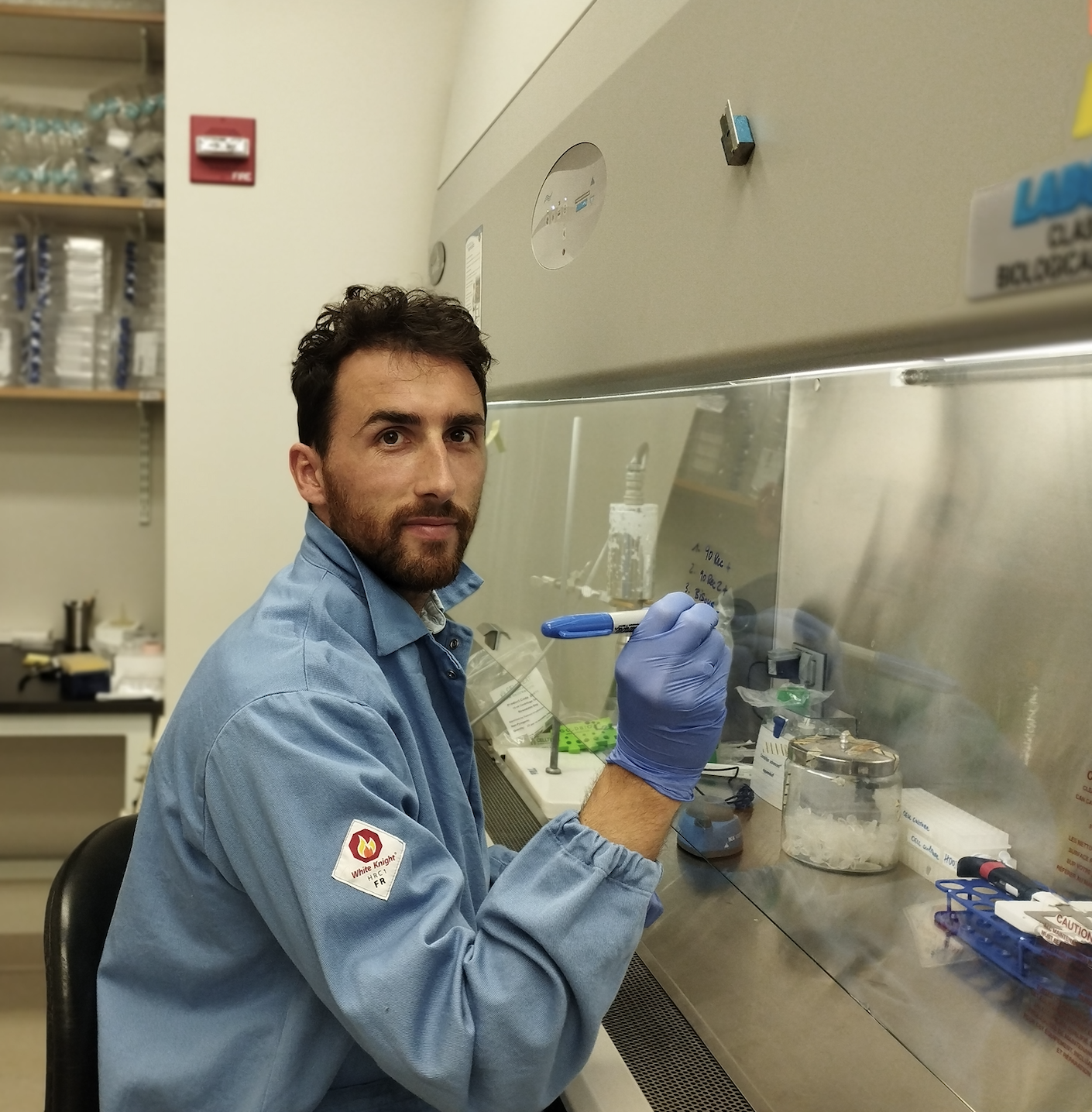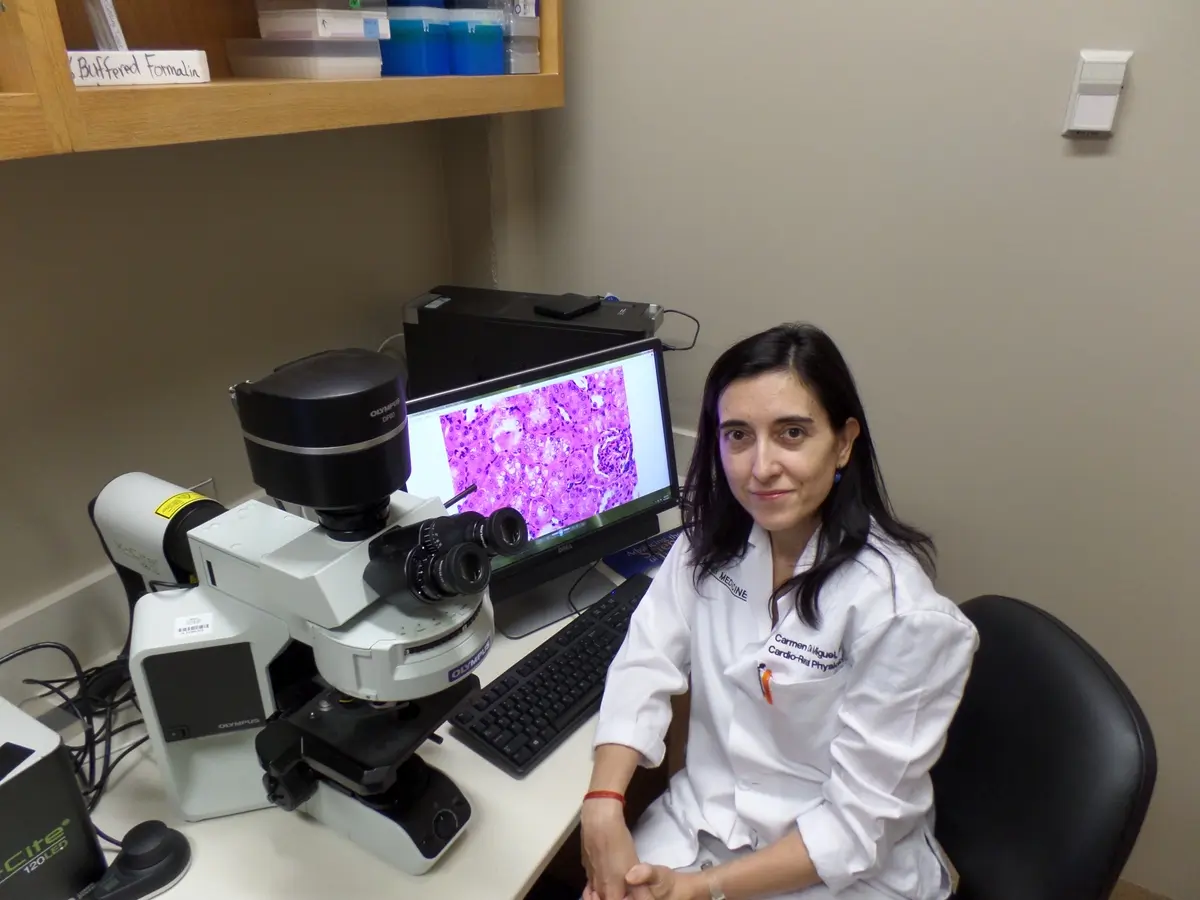Final Project Update
We thank the Diabetes Research Connection and generous donors for supporting our project. With the help of DRC’s research support, we were able to identify that the integrated stress response is indeed maladaptive during the prediabetic stages and that suppression of ISR results in significant reduction in immune cell infiltration. Studies are ongoing to further elucidate the downstream mechanistic role of ISR activation in type 1 diabetes progression.
6-Month Project Update
In preliminary experiments, we treated pre-diabetic NOD mice with an inhibitor of the PERK kinase pathway of the ISR. These PERK inhibitor-treated mice showed a significant delay in diabetes incidence and a reduction in insulitis (immune cell infiltration in islets). Likewise, in our DRC-funded project, we treated NOD mice with an ISR inhibitor (ISRIB) that acts downstream of PERK and saw a significant reduction in insulitis and a slight elevation in β cell mass. Currently, we are working to determine if ISRIB treatment, like PERK inhibition, delays diabetes onset in NOD mice. Using human donor islets, we mimicked early stages of insulitis by treating with pro-inflammatory cytokines IFNγ + IL-1β. As expected, we observed a significant decrease in mRNA translation in cytokine-treated islets, as measured by polyribosome profiling. Notably, we observed a partial recovery of mRNA translation in islets under inflammatory stress that were pre-treated with PERK inhibitor or ISRIB. This finding suggests that inflammation induces a translation initiation blockade, which is reversed upon inhibition of the ISR. While investigating the protective mechanisms of PERK inhibition in NOD mice, we noted a significant increase in β cell PD-L1, an immune checkpoint protein that confers immune suppression. We are currently expanding our experiments to determine how exactly the ISR modulates β cell PD-L1 levels. With DRC support, we have made excellent progress and are continuing our understanding on how the ISR pathway contributes to T1D pathogenesis during pre-diabetic stages and how this pathway may be modulated to help prevent/delay diabetes development.
Project Description
In individuals with type 1 diabetes (T1D), the insulin-producing beta cells are spontaneously destroyed by their own immune system. The trigger that provokes the immune system to destroy the beta cells is unknown. However, accumulating evidence suggest that signals are perhaps first sent out by the stressed beta cells that eventually attracts the immune cells. Stressed cells adapt different stress mitigation systems as an adaptive response. However, when these adaptive responses go awry, it results in cell death. One of the stress response mechanisms, namely the integrated stress response (ISR) is activated under a variety of stressful stimuli to promote cell survival. However, when ISR is chronically activated, it can be damaging to the cells and can lead to cell death. The role of the ISR in the context of T1D is unknown. Therefore, in this DRC funded study, we propose to study the ISR in the beta cells to determine its role in propagating T1D.












